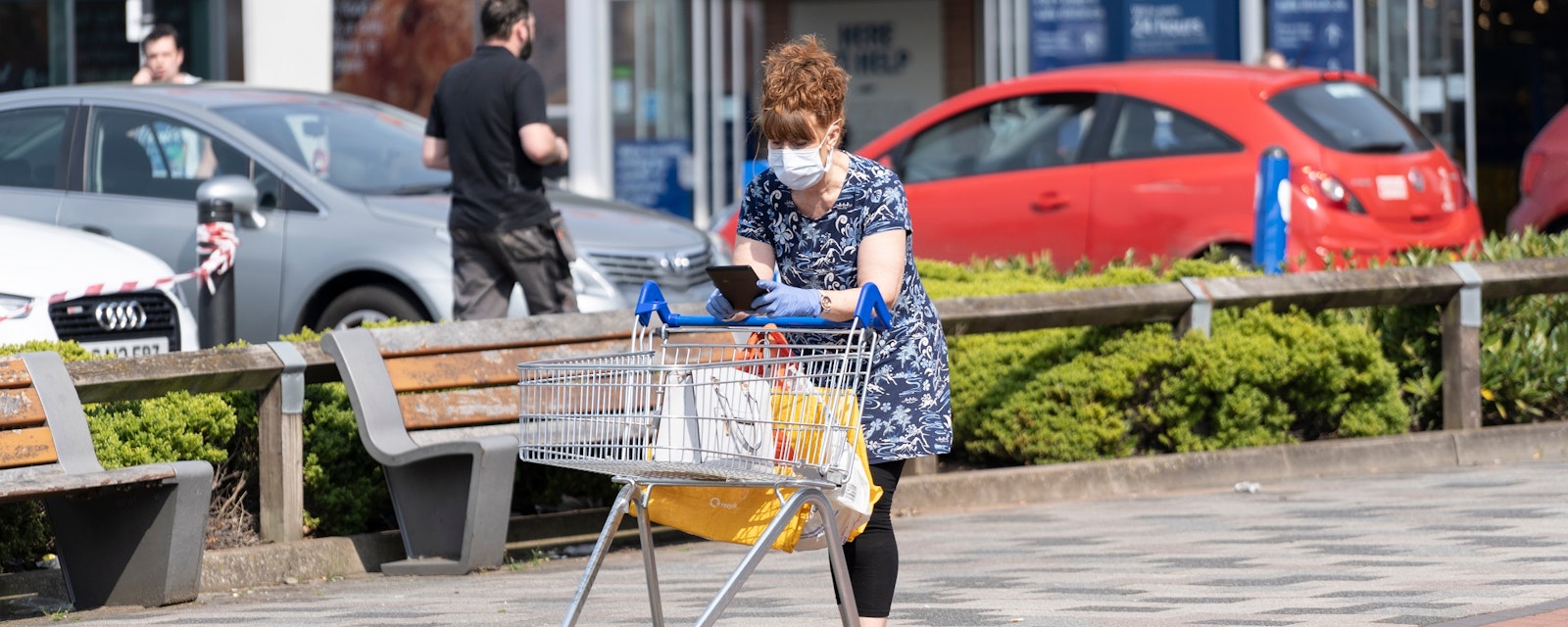Out walking my dog last night, I watched as a family eagerly clambered into a barricaded off playground. Challenged by another passer-by, the father retorted: “It’s all right, Boris just said we could.”
And therein lie the multiple permutations and interpretations that come with an easing of lockdowns. The shift from the ultra-tight messaging of ‘stay at home’ to the more vague, nuanced slogan of ‘stay alert’ will invite many questions.
But the real challenge for business is not just reading the tea leaves of Government guidance on resuming operations. The act of reopening is just one part of a bigger, high stakes equation. It requires being in step with multiple audiences whose expectations of business have fundamentally shifted. They hold the key to this being a successful reputational, as well as operational, return.
State funding is defining a new contract between business and society. With 800,000 employers furloughing and the total value of claims so far reaching £8bn, the scale of taxpayer support will lead to the expectation of an enhanced social contribution from business - and one that permeates beyond those who have drawn on financial support.
Essential and non-essential have become new distorting categories for many companies, placing a new lens over business and brand relevance. We don’t yet know how much bearing those badges have on public and employee confidence to return to what might fall into the non-essential bucket.
For example, over half (55 per cent) of consumers said they would be unlikely to shop at a non-essential retailer in research carried out by Teneo for a US retailer. This was carried out on 2 May and related to shopping intentions for the following week. This divided picture varies state by state. That’s despite a solid majority approving of the job retail outlets are doing in handling the spread of the coronavirus in the US.
Limited store traffic also means a long term economic impact on buying behaviours and intentions. COVID-19 has accelerated digital transitions by years. The now familiar refrain is that we’re not going back to how things were, not even to a new or next normal.
Those changing expectations and customer journeys mean reopening is also a once in a generation moment to reset relationships with audiences and to build resilience into future reputation.
A moment for leadership to restate or reframe purpose, values and intent. There are some who have had a good crisis – they have come through this most searching of challenges with their fundamentals underlined and more clarity than ever on what they are for.
It is fair to say though that for many adjustments have been required. And that needs explaining. Reopening is therefore an opportunity to reinforce a necessary pivot, to finally satisfy a challenging NGO agenda or to cement the direction of a recent supply chain diversion for good.
And for all, an opportunity to reconnect with communities around the local footprint of operations. To build relevance again with all audiences from employees and customers through to investors, policy makers, regulators and NGOs.
Our view is that every business will have a reset moment and with it, the opportunity for reputational reappraisal – one they can’t afford to miss. So how do we think businesses should capitalise?
First, they need a clear read on rapidly shifting audience sentiment, against which to calibrate the exact plans for their restart. Those audiences must span employees, customers, supply chain, regulators and policymakers, investors and analysts, NGOs and media. Working through considerations and consequences for each audience should result in a set of communications priorities and any necessary business actions. A failure to listen, to understand and to act accordingly risks a reputational and commercial misstep.
Second, businesses need to plot the level of ambition behind their reset. As audiences experience their return to operations, will it reinforce what they already know and love about the business? Is their ability to be a valued actor constrained by previous actions in the crisis? Or, is it an opportunity to seek further reappraisal and stretch between the business and their competitors in pursuit of greater market share?
Third, they need to ask how will the decisions they’re making now be judged by those audiences in three to six months’ time, perhaps during a second wave? What else do audiences need to see and hear from clients to insulate those businesses from a return to restrictive measures? Are they doing enough to build longer term resilience into their key relationships?
Finally, time honoured channels to relay a reset, such as colleagues in the media, have also experienced a huge amount of disruption. Businesses should look afresh at their channel plans and ensure all communications are working together in pursuit of the same reputational and commercial goals. Internally and externally, bringing together corporate and brand – crucially, at the right volume, to the right audiences, at the right time.
With this in mind, there’s no reason while the return to operations that we all want to see in the very immediate future cannot also be a rewarding reputational reset for the long term.




